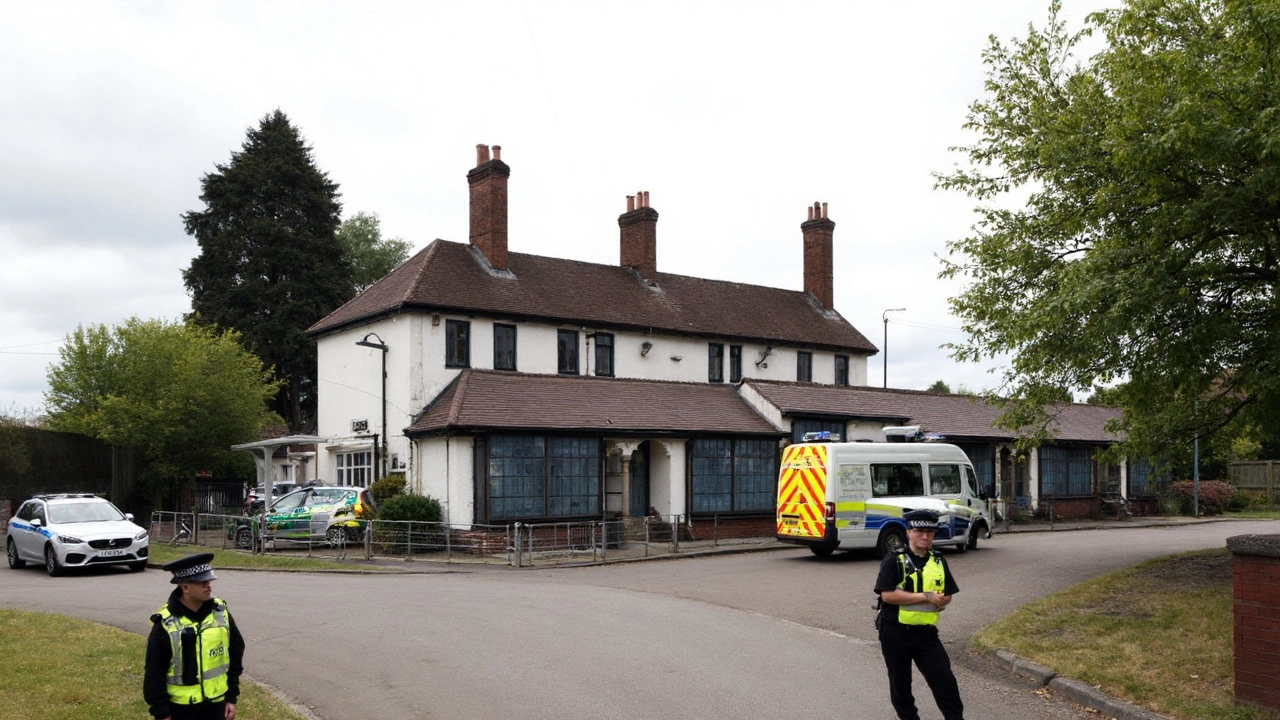Migrant Hotels: Simple Answers to Your Questions
If you’ve heard the term "migrant hotels" in the news, you might wonder what it really means. In plain English, these are places that the UK Home Office uses to house asylum seekers and, sometimes, foreign national offenders waiting for bail. They’re not luxury resorts – they’re basic accommodation meant to keep people safe while their cases are sorted.
Why the Government Uses Hotels for Asylum Seekers
The Home Office often turns hotels into short‑term shelters because they can provide beds quickly. When a large number of asylum applications arrive, existing housing can run out. Hotels give a ready‑made solution with rooms, bathrooms, and basic facilities. This helps avoid long waits on the streets and meets legal obligations to provide temporary housing.
But the setup isn’t perfect. Hotels were built for travelers, not long‑term residents. Issues like limited kitchen space, lack of private storage, and high turnover can make life tough for people who need stability. Critics argue that the environment can feel impersonal and stressful, especially for families with children.
New Rules: Offenders and Bias Training
Recent Home Office guidelines add a twist: some hotels must also accept foreign national offenders who are out on bail. That means a hotel might house both asylum seekers and people waiting for court decisions. The policy aims to make better use of space, but it also raises safety concerns and sparks public debate.
To address the mixed environment, the Home Office requires staff to complete unconscious bias and cultural awareness training each year. The goal is to ensure staff treat everyone fairly, regardless of background or legal status. Training covers topics like respectful communication, recognizing stereotypes, and de‑escalation techniques.
These rules also come with extra paperwork. Accommodation providers receive a detailed brief outlining insurance requirements, safety standards, and reporting duties. Failure to follow the brief can lead to penalties or loss of contracts.
So, what does this mean for the people living in these hotels? For many asylum seekers, it simply means a roof over their heads while they wait for a decision. For those sharing space with offenders, it can add anxiety. The bias training is meant to smooth interactions, but real‑world outcomes vary.
Community groups and charities often step in to fill gaps. They might run language classes, provide legal advice, or organize social events to build a sense of community. Volunteers can make a big difference by offering a friendly face and practical help.
If you’re curious about how a specific hotel is being used, the Home Office publishes lists of approved sites and their capacities. Local councils also keep tabs on the number of beds available in their area. Transparency helps citizens understand where resources are going.
In short, migrant hotels are a pragmatic response to a complex problem. They offer quick housing, but they also bring challenges around safety, comfort, and integration. Ongoing training for staff and oversight by watchdog groups aim to improve the experience for everyone involved.
Whether you’re a resident, a neighbor, or just interested in the topic, knowing the basics helps you form an informed opinion. Keep an eye on policy updates – they can change how hotels are used and what support is offered. And remember, simple improvements—like better training or more community programs—can turn a temporary shelter into a more humane place to stay.

A High Court injunction secured by Epping Forest Council blocks asylum seekers from being housed at The Bell Hotel in Essex after protests. The move shakes Labour’s strategy as other councils discuss similar legal action, threatening accommodation for thousands of asylum seekers in UK hotels.
Continue Reading





